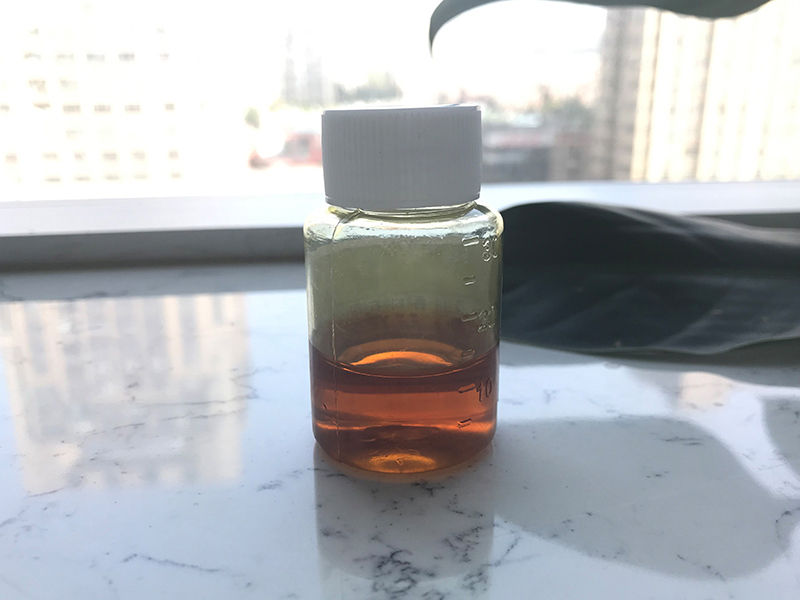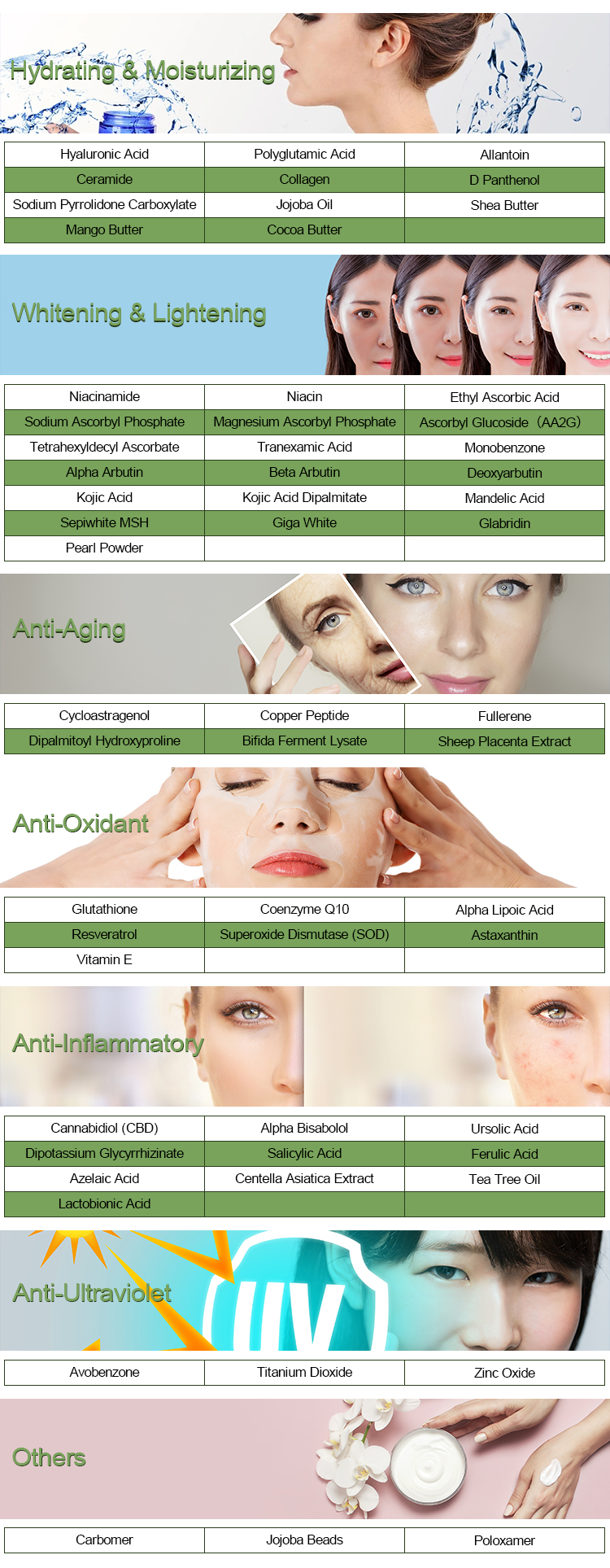As of my last update in September 2021, Bakuchiol is a natural skincare ingredient derived from the seeds and leaves of the Babchi plant (Psoralea corylifolia), which is native to India. Bakuchiol has gained popularity in the beauty industry as a natural alternative to retinol, a popular anti-aging ingredient known for its skin-renewing properties but can sometimes cause skin irritation.
Bakuchiol oil is known for its anti-aging and skin-beneficial properties, such as:
Anti-aging effects: Bakuchiol has been shown to help reduce the appearance of fine lines, wrinkles, and hyperpigmentation, similar to retinol, by promoting collagen production and enhancing skin cell turnover.
Gentle on the skin: Unlike retinol, which can cause dryness and irritation in some individuals, bakuchiol is generally well-tolerated and suitable for sensitive skin types.

Antioxidant properties: Bakuchiol exhibits antioxidant properties, helping to protect the skin from free radical damage caused by environmental factors like UV rays and pollution.
Anti-inflammatory effects: Bakuchiol has anti-inflammatory properties that may help soothe and calm irritated skin.
Photoprotection: Some studies suggest that bakuchiol may offer some degree of protection against UV-induced skin damage, though it should not be considered a substitute for sunscreen.
It’s essential to note that skincare products containing Bakuchiol may vary in concentration and formulation. While Bakuchiol is considered a gentler alternative to retinol, individual skin sensitivities can still vary, so it’s advisable to do a patch test before incorporating any new skincare product into your routine.
As always, if you are considering using Bakuchiol oil or any new skincare product, it’s best to consult with a dermatologist or skincare professional to determine if it’s suitable for your specific skin type and concerns. Additionally, keep in mind that there may have been further developments or research on Bakuchiol since my last update in September 2021.
Potential Benefits of Bakuchiol Oil
Bakuchiol oil is a natural plant-derived skincare ingredient that has gained popularity in recent years as a potential alternative to retinol. It is derived from the seeds of the babchi plant (Psoralea corylifolia) and has been used in traditional medicine for various purposes. Here are some potential benefits of bakuchiol oil:
Anti-aging properties: Bakuchiol is believed to have similar anti-aging effects to retinol, such as promoting collagen production and reducing the appearance of fine lines and wrinkles. However, unlike retinol, bakuchiol is generally considered to be more gentle and less likely to cause skin irritation.

Antioxidant properties: Bakuchiol possesses antioxidant properties, which help protect the skin from free radical damage caused by environmental factors like pollution and UV radiation. Antioxidants can also help in neutralizing harmful molecules that contribute to premature aging.
Anti-inflammatory effects: Bakuchiol has been shown to have anti-inflammatory properties that can help soothe and calm the skin. This makes it potentially beneficial for people with sensitive or acne-prone skin.
Brightening and evening out skin tone: Bakuchiol may help fade dark spots and pigmentation, leading to a more even skin tone and a brighter complexion.
Moisturizing and nourishing: Bakuchiol oil contains essential fatty acids that can help to moisturize and nourish the skin, maintaining its barrier function and preventing moisture loss.
Suitable for sensitive skin: As mentioned earlier, bakuchiol is generally considered to be well-tolerated by most skin types, including sensitive skin, making it a potential alternative for individuals who cannot tolerate retinol.
Photostability: Unlike retinol, bakuchiol is not sensitive to sunlight and is photostable, meaning it remains effective even when exposed to light, making it suitable for daytime use.
Safe during pregnancy: Bakuchiol is not related to vitamin A and retinoids, making it a safer option for pregnant and breastfeeding individuals who are typically advised to avoid retinol-based products.
It’s important to note that while bakuchiol has shown promising results in several studies, more research is needed to fully understand its long-term effects and compare it directly to retinol in various skincare applications. As with any skincare product, it’s advisable to patch-test and consult a dermatologist before incorporating bakuchiol oil into your skincare routine, especially if you have specific skin concerns or conditions.
